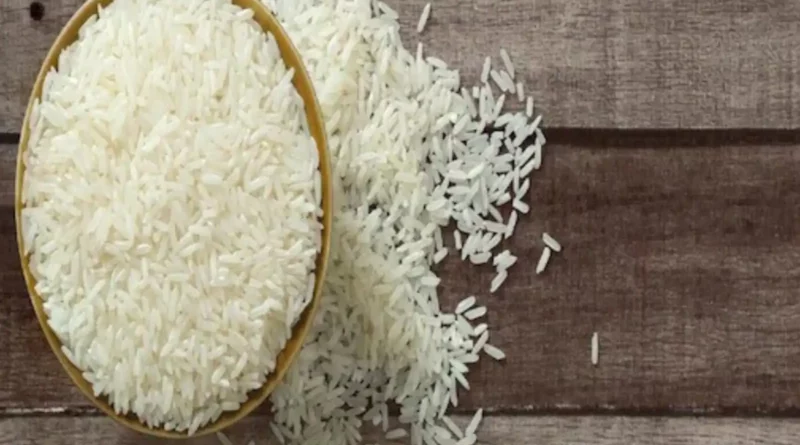Paddy procurement for central pool on decline in Punjab since 2022-23, LS told
By Vinod Kumar
The Union govt has denied delays in wheat and paddy procurement from Punjab, but data tabled in the Lok Sabha shows otherwise — paddy procurement for the central pool has steadily declined over the past three years, even as wheat purchases rose.
Responding to a question by AAP MP from Punjab, Dr Raj Kumar Chabbewal, Union minister of state for consumer affairs, food and public distribution has shared that wheat procurement in Punjab commenced on April 1 and paddy procurement on Oct 1 during the marketing seasons of 2022-23, 2023-24, and 2024-25.
Data presented in the Lower House showed diverging trends: wheat procurement rose from 96.45 lakh metric tonnes (LMT) in 2022-23 to 121.12 LMT in 2023-24 and 124.57 LMT in 2024-25, while paddy procurement dropped from 186.11 LMT in 2022-23 to 185.28 LMT in 2023-24 and further to 173.33 LMT in 2024-25.
The ministry clarified that procurement levels were determined by estimated production, marketable surplus, and cropping patterns. On logistics, it stated that sufficient gunny bags were available and that storage space was managed by moving out older stocks, hiring additional capacity, and expediting the outward movement of wheat and rice from Punjab.
Stocks that conform to Government of India specifications and are brought by farmers to purchase centres are procured by govt agencies at the minimum support price (MSP). Farmers, however, are free to sell in the open market if they secure higher prices, the ministry said. The presence of procurement agencies in mandis, the ministry added, acted as a safeguard against distress sales.
Highlighting measures for transparency, the ministry said procurement at MSP is conducted through state procurement portals, with farmer registration, land and crop verification, and direct transfer of payments to bank accounts under the ‘One Nation, One MSP through DBT’ scheme, operational since 2021-22.
The govt also said the Food Corporation of India (FCI) and state agencies established procurement centres in consultation with the state govt concerned, purchased stocks conforming to specifications at MSP, and allowed farmers to sell in the open market if they secured better prices.
This article has been republished from The Times of India.

